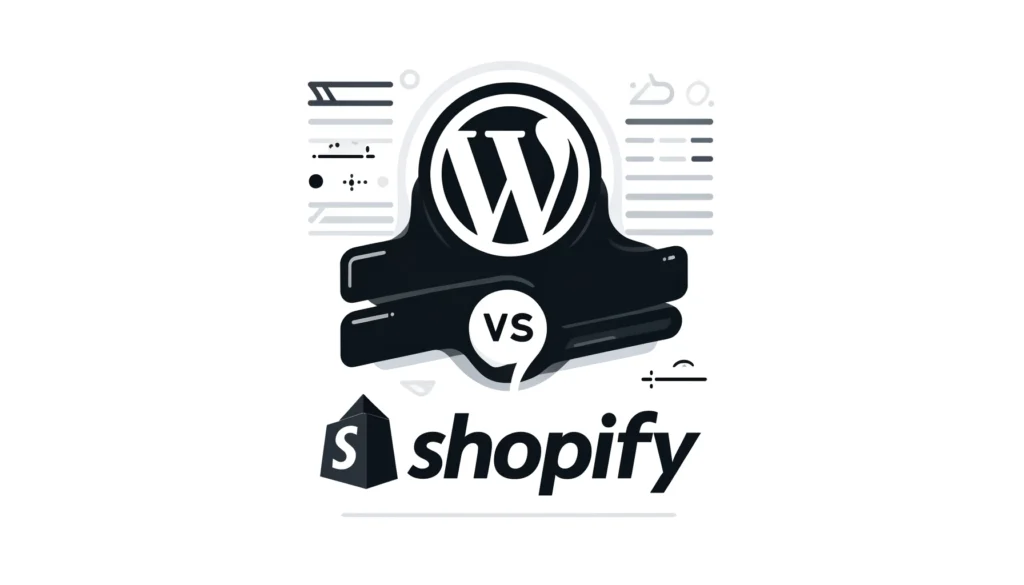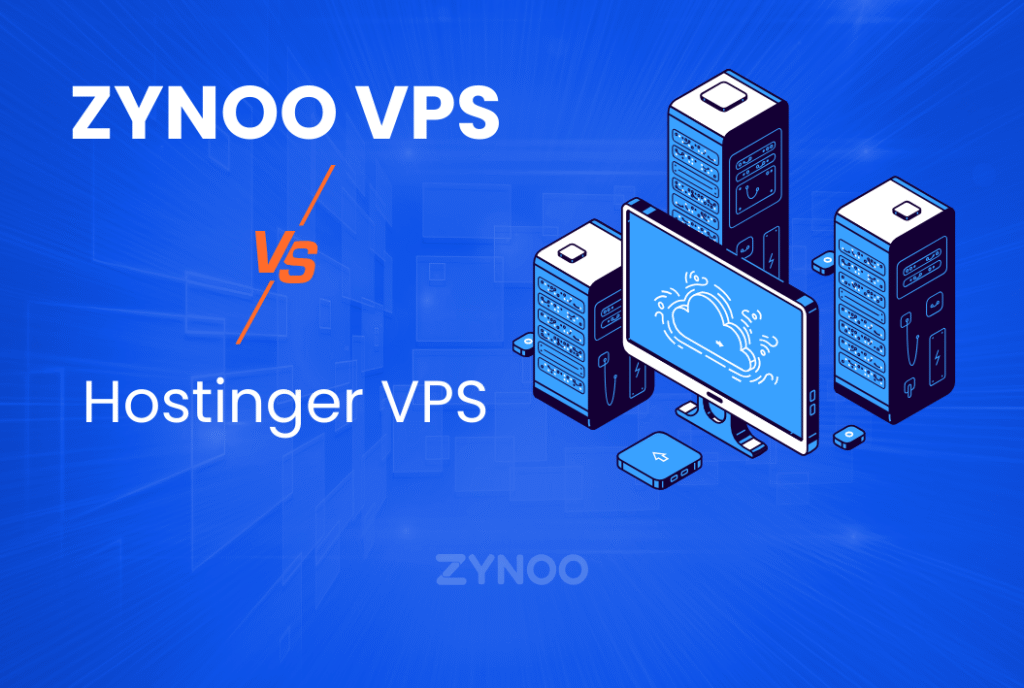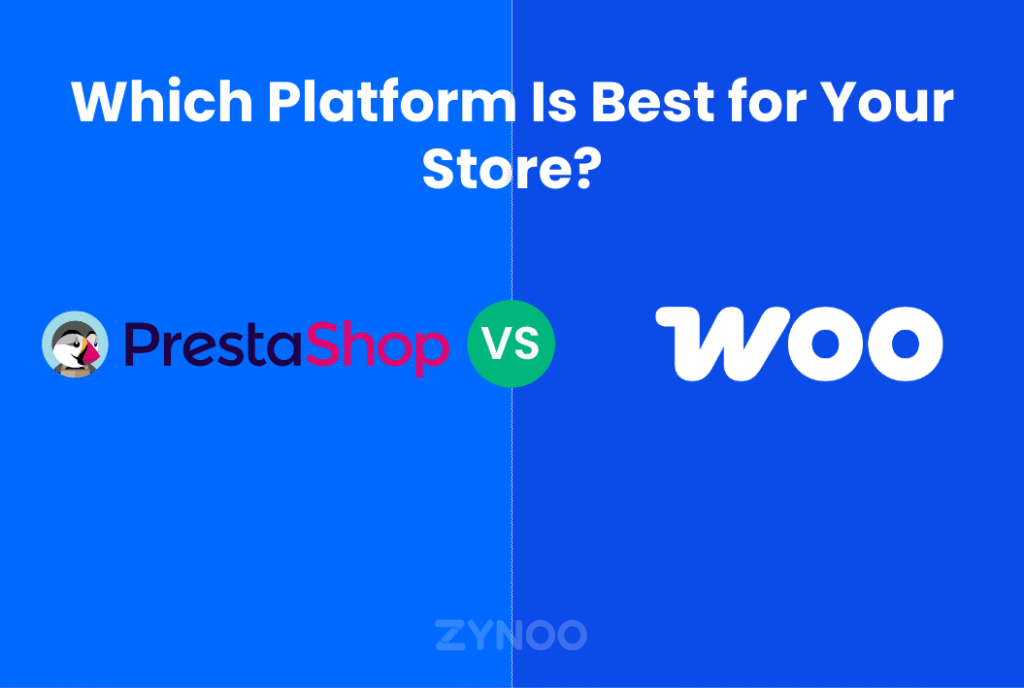In the competitive world of online business, selecting the right Content Management System (CMS) is crucial. Shopify and WordPress are two of the most popular platforms, each offering unique advantages. This article will provide a comprehensive comparison of Shopify vs WordPress, examining their features, ease of use, customization options, SEO capabilities, and more to help you decide the best fit for your eCommerce needs.

Introduction
When it comes to building an online store, choosing the right platform is one of the most critical decisions you’ll make. Shopify and WordPress are two giants in the world of eCommerce, each boasting millions of users and a plethora of features designed to facilitate online selling. But which one is the best for your specific needs? This article delves into the intricacies of Shopify vs WordPress, providing a detailed comparison to help you make an informed decision.
Understanding Shopify
Shopify is a dedicated eCommerce platform designed to help users create, manage, and grow their online stores with ease. Launched in 2006, Shopify has grown exponentially, powering over a million businesses worldwide.
Key Features:
- Ease of Use: Shopify is renowned for its user-friendly interface, making it easy for beginners to set up and manage an online store without any technical expertise.
- Hosting and Security: Shopify is a fully hosted platform, meaning it takes care of all the hosting, security, and maintenance needs, allowing users to focus solely on their business.
- Payment Gateway Integration: Shopify supports numerous payment gateways, including its own Shopify Payments, offering a seamless transaction experience.
- 24/7 Support: With around-the-clock customer support, users can get help whenever they need it.
Exploring WordPress
WordPress, specifically when paired with the WooCommerce plugin, is a powerful and flexible solution for eCommerce. Originally launched as a blogging platform in 2003, WordPress has evolved into a comprehensive CMS, powering over 40% of the web.
Key Features:
- Flexibility: WordPress offers unparalleled customization options, thanks to its open-source nature and vast ecosystem of themes and plugins.
- Content Management: WordPress excels in content management, making it ideal for businesses that need a strong blogging or content marketing component alongside their online store.
- SEO Capabilities: WordPress is known for its strong SEO capabilities, with plugins like Yoast SEO helping users optimize their sites for search engines.
- Community Support: With a large and active community, users can find numerous resources, tutorials, and forums to help with any issues.
Comparing Ease of Use
When it comes to ease of use, Shopify takes the lead. Its intuitive interface is designed specifically for eCommerce, making it easy for anyone to create a professional-looking store quickly. WordPress, on the other hand, has a steeper learning curve, especially when you start adding plugins like WooCommerce. While WordPress offers more flexibility, it requires more time and effort to set up and manage.
Customization Options
WordPress shines in customization. With thousands of themes and plugins available, you can create a unique and highly customized online store. The open-source nature of WordPress means you can tweak the code to suit your exact needs. Shopify, while offering a range of templates and apps, is more limited in terms of customization. If you need a highly tailored solution, WordPress is likely the better choice.
SEO Capabilities
SEO is critical for any online business, and both platforms offer robust SEO tools. WordPress, with plugins like Yoast SEO, provides detailed control over your site’s SEO, including meta tags, keywords, and content analysis. Shopify also offers good SEO capabilities, with built-in features to optimize your store. However, WordPress generally provides more granular control, making it the preferred choice for SEO-focused businesses.
Cost Comparison
Cost is a significant factor in choosing between Shopify and WordPress. Shopify operates on a subscription model, with plans ranging from $29 to $299 per month, depending on the features and scale of your business. This cost includes hosting, security, and support. WordPress itself is free, but you’ll need to pay for hosting, domain registration, and any premium themes or plugins. Depending on your needs, WordPress can be more affordable, but costs can add up if you require extensive customization and premium features.
Security and Maintenance
Shopify, being a fully hosted platform, takes care of all security and maintenance aspects, providing peace of mind for users. It includes SSL certificates, PCI compliance, and regular updates. WordPress, while flexible, requires users to manage their own security and maintenance. This includes installing updates, managing backups, and securing the site against threats. For those not comfortable with technical tasks, Shopify offers a more secure and hassle-free experience.
Payment Gateway Integration
Shopify supports a wide range of payment gateways, including PayPal, Stripe, and its own Shopify Payments. This integration is seamless and requires minimal setup. WordPress, with WooCommerce, also supports numerous payment gateways, but the setup process can be more complex and may require additional plugins.
Support and Community
Both platforms offer robust support and have active communities. Shopify provides 24/7 support via chat, email, and phone, ensuring help is always available. WordPress relies on its extensive community for support, with numerous forums, tutorials, and third-party support services available. While Shopify’s support is more direct, WordPress offers a wealth of resources that can be incredibly valuable.
Scalability
Scalability is crucial for growing businesses. Shopify handles scalability effortlessly, with its infrastructure designed to support businesses of all sizes. As your store grows, Shopify can accommodate increased traffic and sales without requiring additional technical management from your side. WordPress, while scalable, requires more hands-on management. As traffic increases, you might need to upgrade hosting plans and optimize your site to ensure performance remains smooth.
Design and Aesthetics
Design plays a significant role in the success of an online store. Shopify offers a range of professionally designed templates that are responsive and customizable through its theme editor. WordPress, however, offers greater design flexibility. With thousands of themes available, both free and premium, you can create a store that perfectly matches your brand identity. Customization through themes and plugins allows for unique and highly personalized designs.
Performance and Speed
Performance and speed are critical for user experience and SEO. Shopify, with its fully managed hosting, ensures fast loading times and optimized performance. WordPress performance can vary based on your hosting provider and how well the site is optimized. With the right setup, WordPress can be just as fast, but it requires more technical know-how to achieve optimal performance.
Mobile Optimization
Mobile optimization is no longer optional in today’s eCommerce landscape. Shopify themes are designed to be mobile-friendly out of the box, ensuring a seamless experience for mobile users. WordPress also offers mobile-responsive themes, but you’ll need to ensure the theme you choose is optimized for mobile use. Additionally, plugins can help improve mobile performance on WordPress sites.
Content Management and Blogging
WordPress started as a blogging platform, and it remains unparalleled in content management. If your eCommerce strategy includes a strong content marketing component, WordPress is the superior choice. Shopify does offer blogging capabilities, but they are not as robust or flexible as WordPress.
Integrations and Apps
Both Shopify and WordPress offer extensive integrations and apps to enhance functionality. Shopify has a dedicated app store with apps for various needs, including marketing, sales, and customer support. WordPress, with its plugin ecosystem, offers even more options for extending functionality. Whether you need advanced SEO tools, social media integrations, or analytics, both platforms can meet your needs, though WordPress offers more variety.
Ease of Setup
For beginners, Shopify is easier to set up. The guided setup process and intuitive interface mean you can have a store up and running quickly. WordPress, while offering more flexibility, requires more steps to set up, including installing themes, plugins, and configuring settings. For those without technical expertise, Shopify is the more straightforward option.
Control and Ownership
With WordPress, you have complete control and ownership of your website. You can host it anywhere, modify the code, and customize it to your heart’s content. Shopify, being a hosted solution, means you’re subject to their terms and conditions. While this means less hassle, it also means less control.
Conclusion: Shopify vs WordPress
Choosing between Shopify vs WordPress depends on your specific needs and technical abilities. Shopify offers a streamlined, user-friendly experience with excellent support and scalability, making it ideal for beginners and those who want a hassle-free solution. WordPress, with WooCommerce, provides unparalleled flexibility and customization, perfect for those who need a tailored solution and are comfortable with a steeper learning curve. Ultimately, both platforms are capable of powering successful eCommerce stores, and your choice will depend on your priorities and resources.
FAQs
Is Shopify easier to use than WordPress?
Yes, Shopify is generally easier to use, especially for beginners. Its user-friendly interface and hosted solution make it straightforward to set up and manage an online store without technical expertise.
Which platform is better for SEO, Shopify or WordPress?
WordPress is often considered better for SEO due to its extensive plugins and control over site elements. However, Shopify also offers strong SEO
capabilities that are more than sufficient for most online stores.
Can I switch from Shopify to WordPress or vice versa?
Yes, it’s possible to switch between platforms, but it can be a complex process involving data migration, reconfiguring settings, and potentially redesigning your store. Planning and professional assistance can help make the transition smoother.
Which platform is more cost-effective?
The cost-effectiveness depends on your needs. Shopify has a fixed monthly fee that includes hosting and support. WordPress can be cheaper initially but may require additional costs for hosting, premium plugins, and themes.
Do both platforms support multiple payment gateways?
Yes, both Shopify and WordPress (with WooCommerce) support multiple payment gateways, though Shopify’s integration process is generally more seamless.
Which platform offers better design options?
WordPress offers more design flexibility with a vast array of themes and customization options. Shopify also provides high-quality themes, but customization is more limited compared to WordPress.



